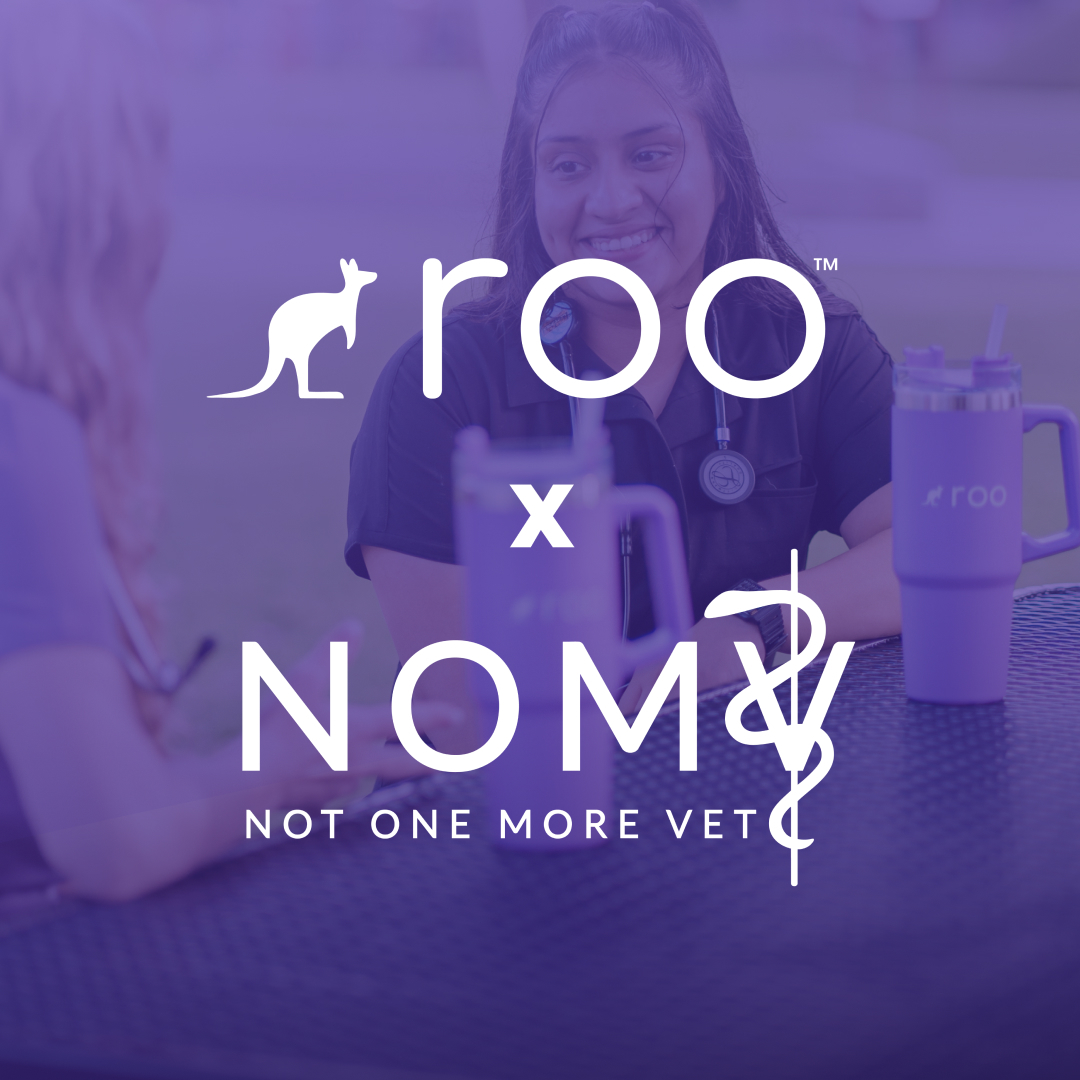So, you’re knee-deep in patients, your team’s stretched thinner than a greyhound after zoomies, and you’re starting to wonder if cloning your best Vet Tech is an option. (Spoiler: it’s not. Yet.) Whether you’re a Hospital leader desperate for help, a Vet looking for your next adventure, or a Vet Tech dreaming of a better work-life balance, you’re probably thinking, “Should I call in a recruiter?” If you’ve ever wondered how to choose a Vet recruiter who actually gets you and doesn’t just send a stack of random resumes, you’re in the right place.
Let’s break down the wild world of Veterinary recruiting and help you find the right partner to make your hiring (or job search) way less stressful and maybe even a little fun.
Why finding the right recruiter matters (and why you should care)
Here’s the deal: Vet hiring is tough. The U.S. is short on Vets and Vet Techs, and the competition for talent is fierce. If you’re hiring, you need someone who can find not just “a warm body,” but the right fit for your team’s vibe. If you’re job hunting, you want a recruiter who knows the difference between a Hospital that values your skills and one that treats you like a cog in the machine.
A great recruiter can:
- Save you hours (or weeks) of sifting through resumes
- Connect you with candidates or jobs you’d never find on your own
- Help you avoid costly hiring mistakes (because no one wants to go through onboarding twice in one month)
- Offer advice on salary, benefits, and even clinic culture
But not all recruiters are created equal. Some are rockstars, others are… well, let’s just say they’re still learning the ropes.
What does a Veterinary recruiter actually do?
Let’s clear up the mystery. A Vet recruiter is your matchmaker — but for jobs, not awkward first dates. Here’s what they usually handle:
- Chatting with you to understand exactly what you need (not just a list of duties, but what makes your team tick)
- Advertising your open roles in all the right places
- Screening candidates so you only meet the best of the bunch
- Checking references (so you don’t accidentally hire someone who thinks “IV catheter” is a cocktail)
- Helping with interviews, offers, and sometimes even onboarding
A good recruiter will dig deeper than “Do you have a license?” They’ll want to know how you handle stress, what you value in a workplace, and what kind of personalities mesh with your team. (Because we all know one bad fit can throw off the whole Hospital.)
How to spot a recruiter who actually gets it
Here’s what to look for when you’re choosing a Vet recruiter, whether you’re hiring a Veterinarian, hiring a Veterinary Technician, or searching for your next gig:
Specialization in Veterinary medicine
You wouldn’t go to a podiatrist for a root canal, right? Same logic here. Look for recruiters who focus on Veterinary jobs. They’ll know the difference between a DVM and an LVT, and they’ll understand the quirks of Vet culture (like why everyone’s obsessed with snacks in the break room).
Real-world experience
The best recruiters have spent time in the trenches, maybe they were Vet Techs, Hospital managers, or even Vets themselves. They get what it’s like when the phones won’t stop ringing and someone’s cat just pooped on your shoes. This experience helps them spot candidates who’ll thrive in your environment.
Stellar reputation
Word travels fast in Vet med. Ask around, check reviews, and look for testimonials from people who’ve worked with the recruiter before. If you see lots of “They really listened!” and “Best hire ever!” You’re on the right track. (And if you see “Never called me back,” maybe keep looking.)
Personalized service
You want someone who treats you like a person, not just another invoice. The right recruiter will ask about your goals, your pain points, and what makes your Hospital or career unique. They’ll tailor their approach to you, not just copy-paste from another client.
Clear communication and transparency
No one likes surprises (unless it’s a puppy party). The best recruiters are upfront about their process, fees, and timelines. They’ll keep you in the loop every step of the way, so you’re never left wondering what’s happening.
Support after the hire
A great recruiter doesn’t ghost you after the contract’s signed. They’ll check in to make sure everyone’s happy, offer onboarding tips, and sometimes even guarantee their placements. Because nothing’s worse than starting over if things go sideways.
The not-so-glamorous red flags
Let’s be real, not every recruiter is a good fit. Here’s what should make your kangaroo ears perk up:
- They don’t specialize in Vet med (or worse, they think “Vet Tech” is a typo)
- They’re slow to respond or always seem too busy
- You can’t find any reviews or references
- Their fees are a mystery (or keep changing)
- They just send you a pile of resumes without any explanation
If you spot any of these, hop away and keep searching.
Vet recruitment tips for Hospitals (and how to make your clinic irresistible)
If you’re hiring, you want to stand out to both recruiters and candidates. Here’s how:
- Be crystal clear about what you need, not just skills, but personality and culture fit
- Show off your team’s strengths (maybe you’re known for mentorship, or you have the best snack stash in town)
- Move quickly when you find a great candidate — the market’s wild, and good people get snapped up fast
- Offer more than just a paycheck, think flexible scheduling, wellness perks, and professional development (like Roo’s Free CE Events)
- Make the interview process welcoming, let candidates meet the team, tour the clinic, and get a feel for your vibe
- If you’re part of a larger Hospital group, be upfront about your culture and values, some folks love the structure, others prefer a smaller, family feel
And hey, if you’re looking for tools to boost revenue or streamline relief hiring, check out Roo’s Hospital resources for tips and best practices.
Vet recruitment tips for job seekers (Vets and Vet Techs, this is for you!)
Looking for your next gig? Here’s how to make recruiters your new best friends:
- Pick recruiters who know Vet med inside and out, they’ll have the best connections
- Be honest about what you want (hours, pay, team vibe, even your favorite animal to work with)
- Ask about onboarding support, a good recruiter will help you settle in, not just drop you off at the door
- Get feedback on your resume and interview skills (hint: Roo’s got resources for that)
- Don’t be afraid to ask about professional development, Roo’s Free CE Events can help you level up your skills
And if you’re thinking about a career shift, maybe you want to try relief work, management, or even something outside the clinic, Roo’s Careers Page has all sorts of opportunities (and yes, you can search for shifts that fit your life).
What makes a recruiter “effective”? (And how to tell if they’re worth your time)
You want a recruiter who delivers, not just promises. Here’s how to check:
- Look at their recent placements, are they filling roles like the ones you need?
- Read reviews from both Hospitals and candidates (happy people love to talk about it)
- Pay attention to how they communicate, are they responsive, clear, and proactive?
- Ask if they offer any guarantees or follow-up after the hire
- Make sure they understand your specific needs, not just “any Vet Tech,” but the right Vet Tech for your team
The future of Vet hiring: What’s changing (and how to keep up)
The Vet world is shifting fast. Here’s what’s trending in 2025:
- Demand for Vets and Vet Techs keeps climbing, especially in underserved areas
- Flexible work and better work-life balance are top priorities, think four-day weeks, remote consults, and more
- Employer branding matters, Hospitals that show off their culture, growth opportunities, and community involvement attract the best talent
- Digital tools are everywhere, from online job boards to virtual interviews, recruiters are using tech to find better matches, faster
- Diversity and inclusion are (finally) getting the attention they deserve, recruiters are helping build teams that reflect the communities they serve
If you want to stay ahead, check out Roo’s Free CE Events for the latest trends and tips, and don’t forget to follow Roo on LinkedIn for updates and job leads.
Internal links you actually want to click
- Want to see what Hospital resources Roo has for hiring and team management? Check out Hospital resources
- Curious about boosting revenue with relief? Here’s how Roo can help
- Looking for career moves or new shifts? Visit Roo’s Careers Page
- Need to grow your skills or rack up some CE? Don’t miss Roo’s Free CE Events
- Want to see how other Hospitals succeed? Explore Roo’s Hospital success stories
Final thoughts: Don’t settle for “just okay”
Choosing the right Vet recruiter isn’t just about filling a job, it’s about finding someone who understands what makes your team or career special. Whether you’re hiring a Veterinarian, hiring a Veterinary Technician, or looking for your next adventure, the right recruiter can make the process smoother, faster, and a whole lot less stressful.
And if you’re ready to take the leap or just want to see what’s out there, Roo’s got your back. From job listings to Hospital resources, CE events, and a community of Vet professionals who get it, we’re here to help you find your perfect fit. Because you deserve a team (and a recruiter) that’s as awesome as you are.
FAQ: The real questions you’re probably asking
1. What should I look for in a Veterinary recruiter?
Answer : Look for someone who specializes in Vet med, has a great reputation, communicates clearly, and offers personalized service. Bonus points if they’ve worked in the field themselves.
2. How can I tell if a recruiter is actually good at their job?
Answer : Check their recent placements, read reviews, and see if they offer follow-up support after you’re hired. A good recruiter will be transparent and easy to reach.
3. Do recruiters help with onboarding or just hiring?
Answer : The best ones stick around to help with onboarding and check in to make sure you’re happy in your new role.
4. Can a recruiter help me find relief or temporary work?
Answer : Absolutely, many recruiters (including Roo!) can connect you with both permanent and relief gigs. You can see all the opportunities in your area by signing up for Roo and searching shifts.
5. What should I ask a recruiter before working with them?
Answer : These are the things which we can ask a recruiter before working with them
- How do you find and screen candidates (or jobs)?
- What’s your process for matching people and Hospitals?
- Do you offer any guarantees or support after hiring?
- Can you share references from people you’ve helped?
- How do you handle feedback if things don’t work out?






.png)
.png)




